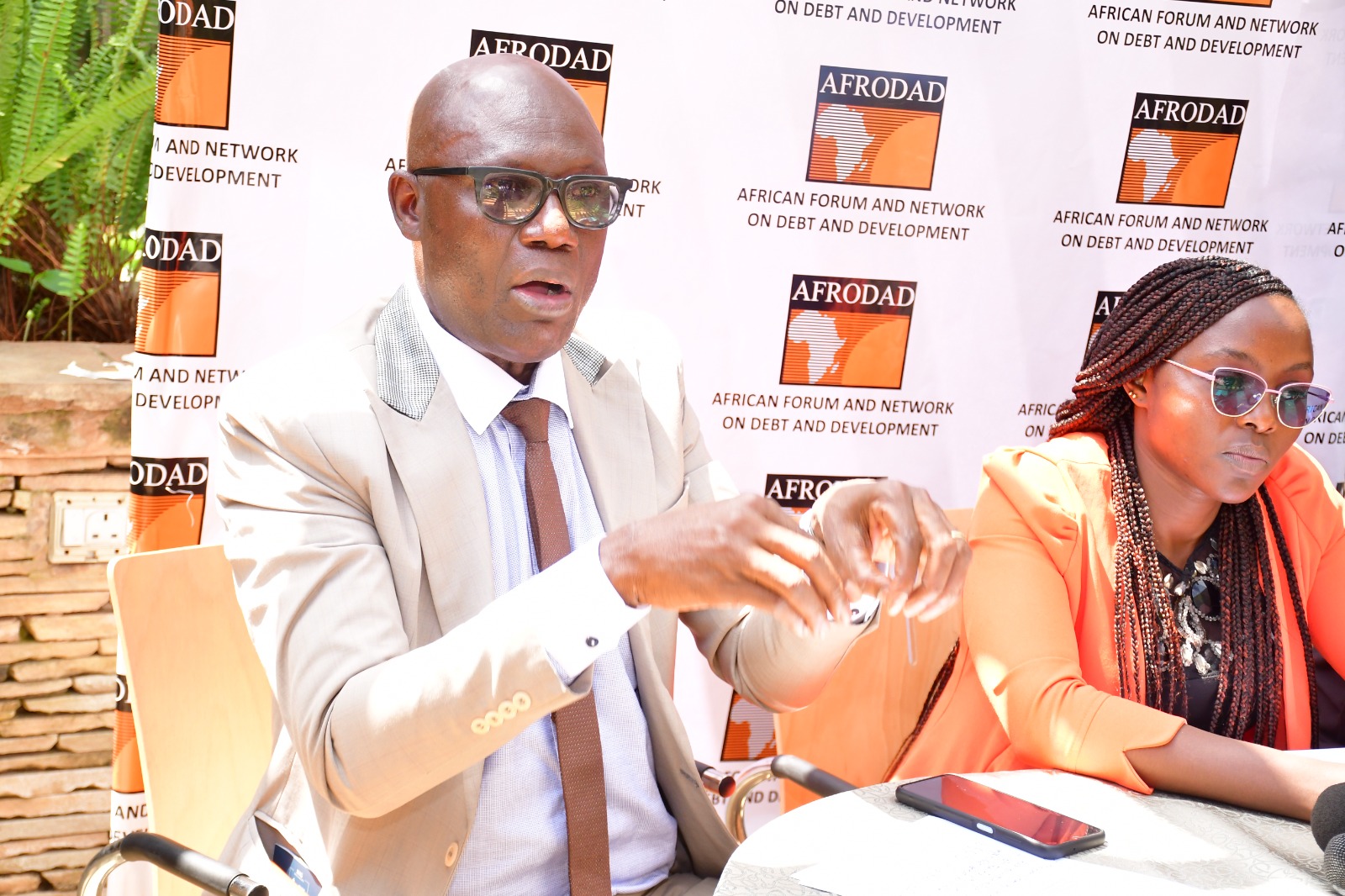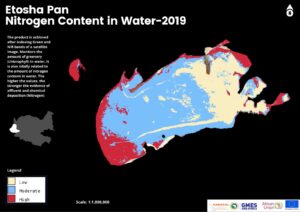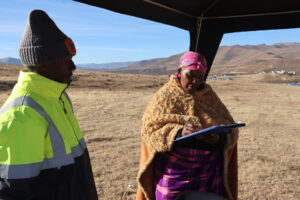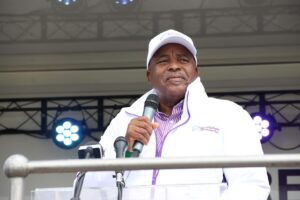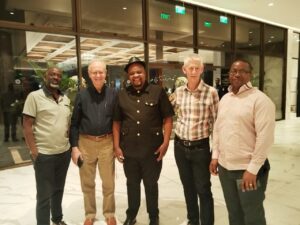Sharon Kavhu
The African Forum and Network on Debt and Development (AFRODAD) and its partners are calling for a reform of the Special Drawing Rights Allocation system (SDRs) and the Global Financial Architecture to include an African perspective.
This comes at a time when the current International Monetary Fund (IMF) system, which encodes the SDR allocations, is favouring developed countries over developing countries in finance and decision-making.
The statement has been issued by AFRODAD and its partners including Okoa Uchumi Coalition, African Economic Research Consortium (AERC), Malawi Economic Justice Network (MEJN-Malawi), African Network for Environment and Economic Justice (ANEEJ)-Nigeria, Uganda Debt Network (UDN-Uganda), Centre for Trade Policy & Development (CTPD Zambia), TISA-Kenya, CROSET-Chad, and LAREM-Senegal.
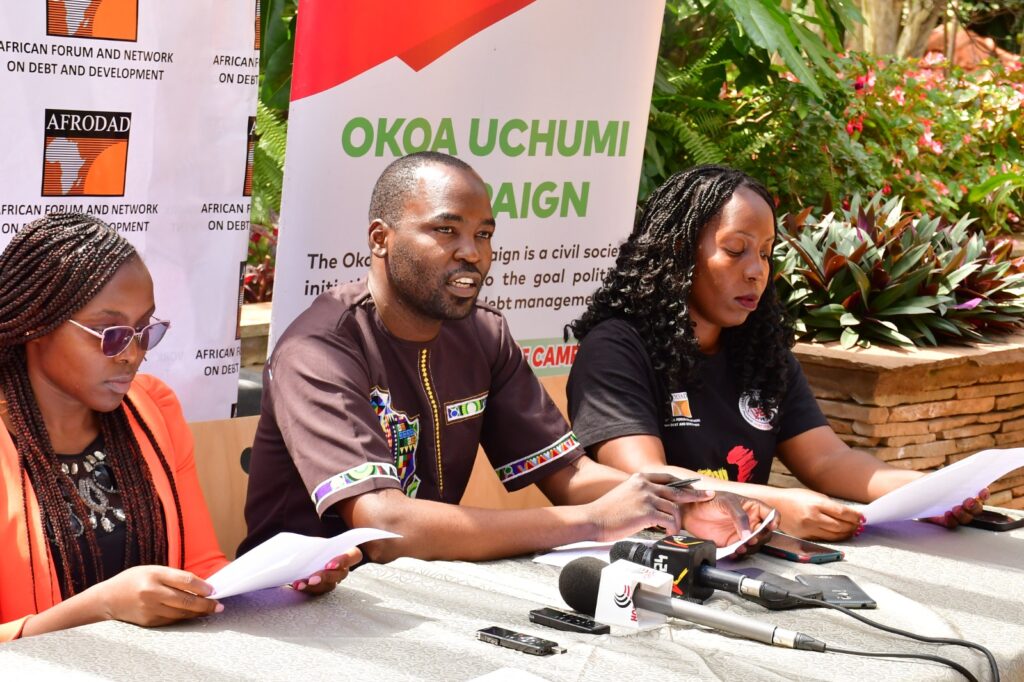
According to AFRODAD and partners, although African countries benefit from their SDR allocations to boost their liquidity reserves, it is unfortunate that the continent spend many more on repaying debt.
It is against this background that AFRODAD and partners are calling for a reform of SDRs that will see the allocation of funds based on a country’s need and sectorial basis to provide a niche for development acceleration in Africa.
“Africa Development Bank should (AfDB) continue championing for the reform on SDRs allocation system to reflect the need rather than economic might. This is because with the appropriate use of SDRs, it will help to solve liquidity problems at best, but emphasis also needs to be given to comprehensive debt management strategies to minimise the debt crisis in Africa. Reforming it to include factors like indebtedness and poverty would ensure a fairer allocation of SDRs based on countries’ challenges,” says AFRODAD and partners in a statement.
The statement also highlights the importance of broadening the SDRs quota system beyond just Gross Domestic Product. It points out that African nations utilised 85% of their assigned SDRs in 2021, in contrast to developed countries. This highlights the necessity for a reevaluation of the SDRs quota system to account for the unique development requirements of each country or region in terms of SDRs allocation.
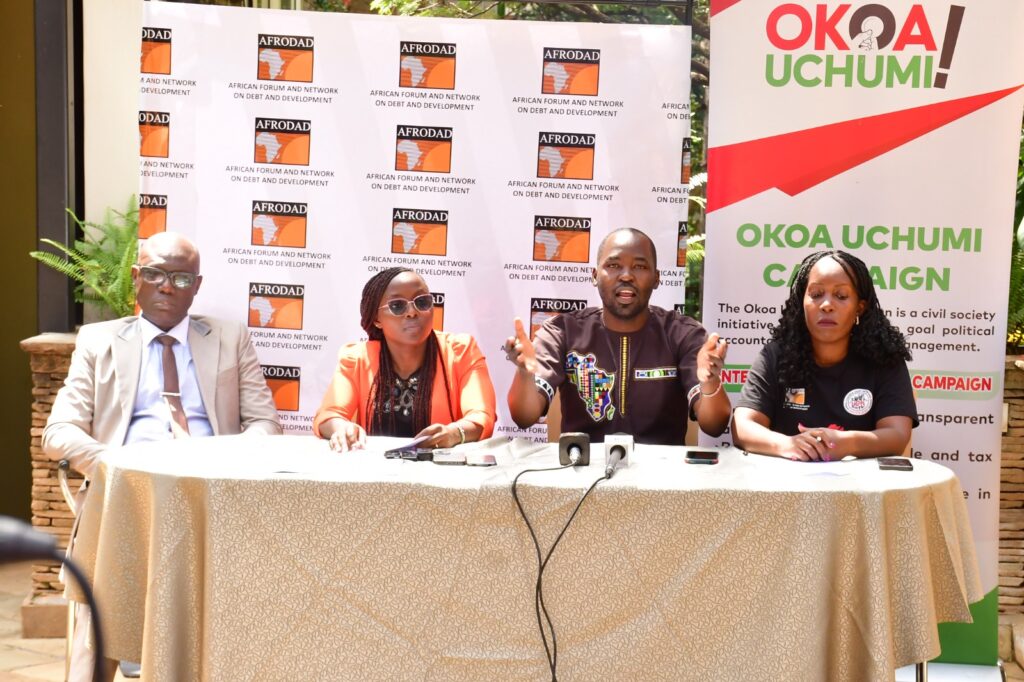
In addition, AFRODAD and partners are urging international financial institutions and developed countries to commit to an open and transparent financial system that would promote inclusive growth; noting that, “However, debt settlement in Africa, especially outside the Paris Club processes, has often experienced problems and delays, with costly economic consequences”.
The organisations emphasise the immediate necessity to implement reforms concerning the allocation of SDRs. The reforms should clearly define the development objectives, governance structure, and reporting procedures. Currently, the system’s lack of specificity makes it challenging to track and report on its utilisation.
More from Africa News 24
ANC loses 30-year majority in South Africa’s landmark election
Zimbabwean comedian Learnmore Jonasi wows America’s Got Talent
“Besides changing the quota formula, institutional reforms on how the IMF operates should be given greater attention to shift the lopsided Global Financial Architecture to work for all economies equally,” highlights the statement.
The revelation to the call on the reform of SDRs and Global Financial Architecture comes in the wake of the AfDB’s annual meeting in Nairobi, Kenya under the theme: “Africa’s Transformation: the African Development Bank, and the Reform of the Global Financial Architecture”.
The theme is set against the realisation that, despite sustained economic growth over the past two decades, Africa’s economic transformation remains a work in progress with a lot more to be done. The Bank carries both implicit and explicit responsibilities to provide the necessary development financing for sustainable economic development and social progress for African countries.
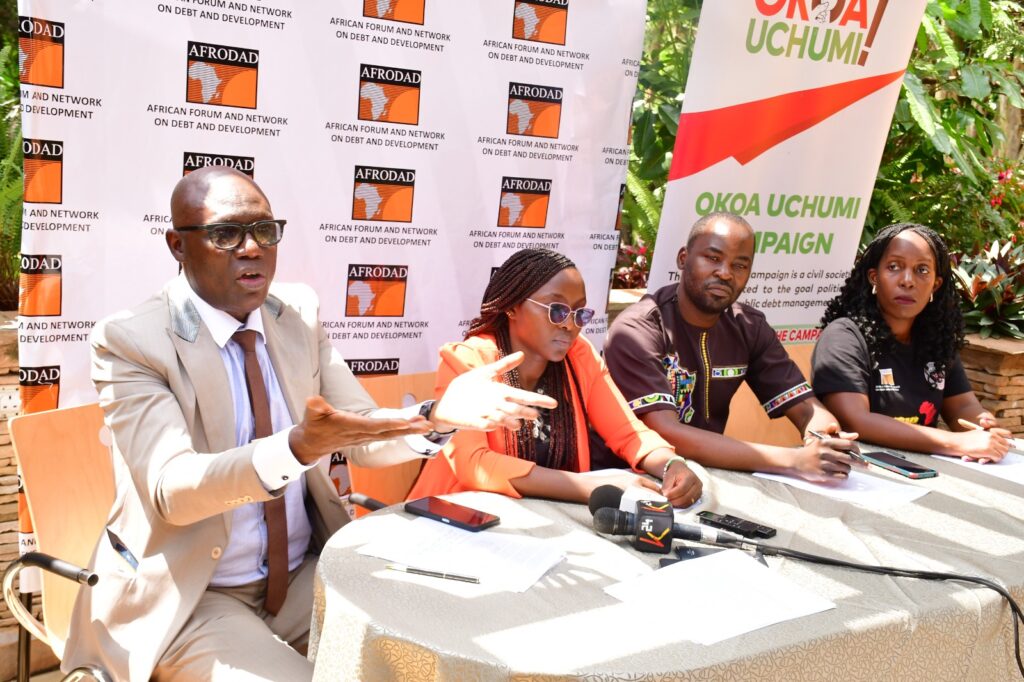
It is against this background that AFRODAD and partners are calling on the AfDB to position itself as an indispensable player when it comes to the need to influence changes in the global financial architecture, including the SDRs allocation and rechanneling process.
AFRODAD and partners highlight that, “As of 2024, nine African states are in debt distress, a further 15 are at high risk, and 14 are at moderate risk. Out of $10 collected in Africa, between $6-$8 goes to debt repayment and debt servicing, making it impossible to service basic needs including education, health, and social sectors”.
“While these are happening, the lopsided global financial architecture remains unresponsive to Africa’s needs, which was glaringly evident during the IMF’s issuance of its Special Drawing Rights (SDRs) in 2021 that saw Africa receive only $33 billion, a meager 5 percent of the total $650 billion issued, while richer countries, including the G7, received more than $200 billion, despite not having the greatest need for the resources.”
The organisations assert that at least 35 African countries spent $14 billion to pay down debt to the IMF when it could have been used to buffer them from the difficult economic period during Covid-19.
They further note that, “A reform of the global financial architecture, therefore, becomes necessary to unlock the potential of SDRs towards economic transformation for countries that are most in need and most vulnerable to climate shocks”.






